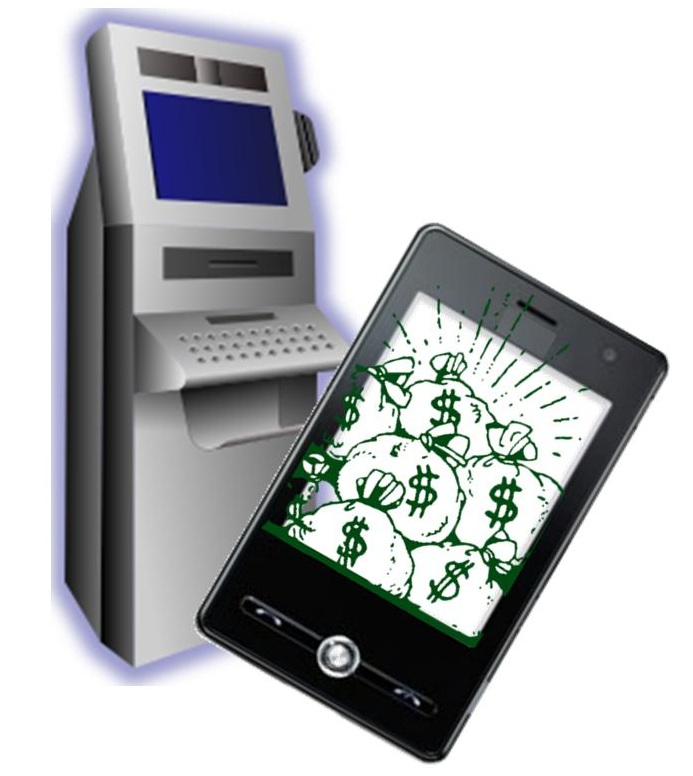Mobile payments are growing more popular
Mobile payments have already been growing in popularity around the world, but with consumers becoming more acclimated to the services that are available to them, mobile payments are set to see accelerated growth in the near future. Consumers are beginning to see the benefits they could take advantage of through participating in mobile commerce. The convenience that mobile payments represents has, thus far, been one of the most attractive aspects of this new form of commerce and this aspect is likely to continue attracting the interests of consumers for years to come.
Report sheds light on various factors in mobile commerce space
BI Intelligence, a leading market research firm, recently released a report concerning the growth of mobile payments in the U.S. and in Europe. The report shows that mobile payments are becoming more common as smartphone penetration grows around the world. As more consumers get their hands on smartphones, the more likely they are to shop online using their mobile device. Young, affluent consumers have been leading the charge toward mobile commerce for some time, and these consumers in Asian and African markets are expected to be the major source of growth in mobile commerce in those regions of the world.
 Businesses growing eager to embrace mobile payments
Businesses growing eager to embrace mobile payments
The report shows that consumers are not alone in their interest in mobile payments. Businesses are beginning to become more accommodating of mobile commerce as smartphones and tablets become the favored shopping platforms for consumers. The report shows that higher transaction volumes through mobile sales will be the primary growth driver of mobile commerce among businesses in the future.
Mobile payments platforms have yet to be a hit with consumers
The report notes that mobile commerce platforms are plentiful, almost annoyingly so for consumers. While there is a multitide of mobile payments services to choose from, none of these have yet become a major hit with consumers. Even PayPal’s mobile commerce platform has yet to appeal to a significant number of consumers.
These large institutions are using data and offers to help to ensure that they hold the market.
Bankers have always seen transactions as their own domain, to the point that they are virtual owners, says recent Finextra research, and now they are hoping to use their might in this arena to lead the mobile payments sector, as well.
To do this, Finextra has reported that they will be deploying data and discounts to eliminate the competition.
The research from Finextra suggested that in order to become the most powerful player in mobile payments, they will be using their data and applying discounts as massive weapons in the battle to hold control over transactions and to be able to provide services that step above and beyond making a purchase.
 The Finextra research was based on the responses given by over 180 bankers who were surveyed.
The Finextra research was based on the responses given by over 180 bankers who were surveyed.
These survey participants were asked about what Finextra referred to as “key issues” in the realm of monetizing mobile payments. Some of the findings produced by the study include that 81 percent of the participating banks are seeking to add value beyond the actual transaction itself. This included making relevant offers to consumers directly at the point of sale.
Moreover, about two out of every three survey participants (67 percent) explained that they were seeking to own and manage the markets not only for the money of a consumer, but also all of the other elements of an individual’s wallet, such as points cards, memberships, and coupons.
Other mobile payments survey findings from the respondents included:
• 60 percent felt that a “trusted banking environment” is the most appropriate place for mobile payments, as opposed to third party smartphone apps.
• 43 percent said that they had a digital wallet offering in the pipeline within the next 6 to 12 months.
• 49 percent would take part in some form of open industry digital wallet initiative.
In terms of the future of mobile payments “big data”, 44 percent of the banks explained that they did not have adequate resources to take full advantage of it, and an additional two out of every three respondents said that smartphone monetization would be a primary big data usage driver, offering the required insight for personalizing targeted offers to consumers.
 Businesses growing eager to embrace mobile payments
Businesses growing eager to embrace mobile payments
 The Finextra research was based on the responses given by over 180 bankers who were surveyed.
The Finextra research was based on the responses given by over 180 bankers who were surveyed.